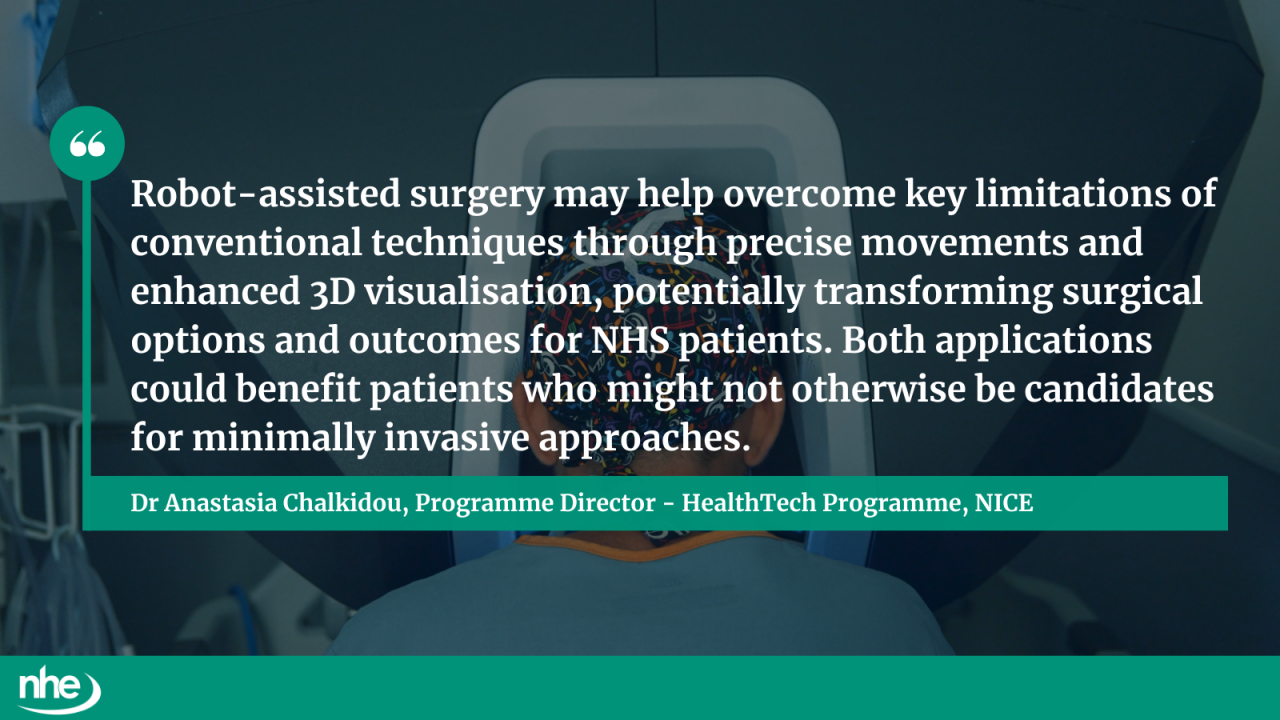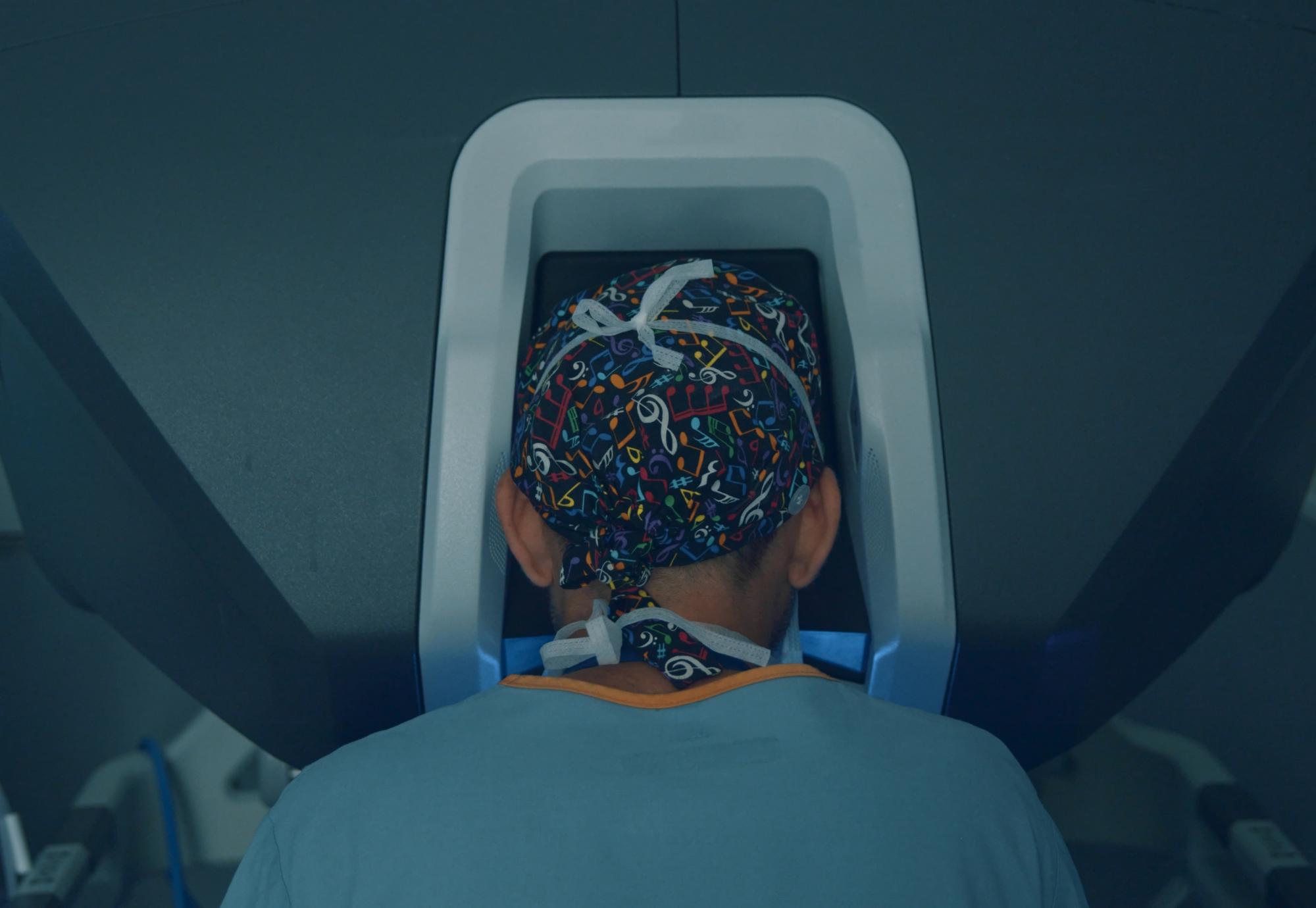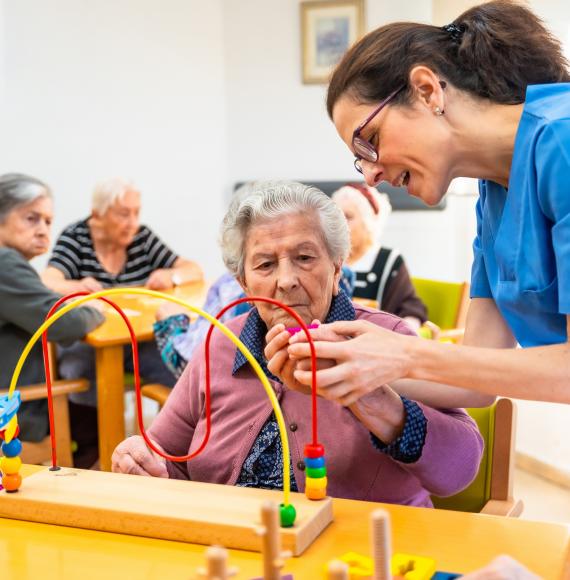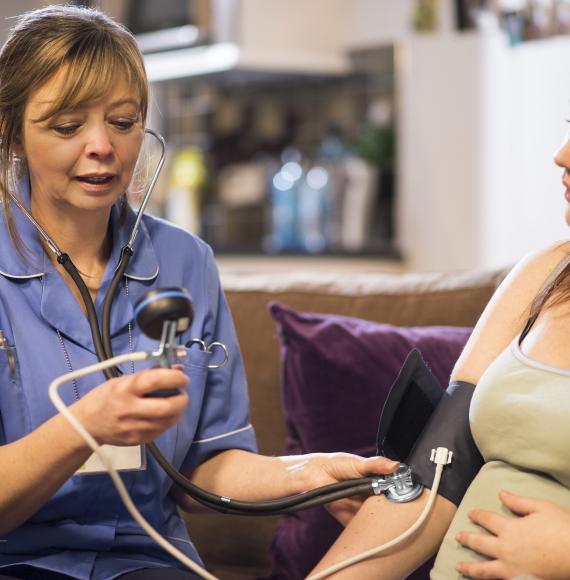The National Institute for Health and Care Excellence is set to revolutionise patient care with the introduction of 11 robotic surgery systems, capable of movements more precise than the human hand.
These systems have received conditional approval and will be used while further evidence is collected over the next three years to demonstrate their cost-effectiveness as part of the Early Value Assessment process.
Patient organisations have highlighted the significant benefits of robotic surgery, including faster recovery times, shorter hospital stays, quicker return to work, less pain, and reduced scarring compared to traditional surgery. The systems approved include five for soft tissue procedures, such as hernia repair, tumour removal, and gallbladder removal, and six for orthopaedic surgeries, including full and partial knee replacements and hip replacements.
The recommendations aim to coordinate the expansion of innovative surgical technologies across the NHS, maximising patient benefits while collecting evidence to validate these advantages. Robotic systems, which cost between £500,000 and £1.5 million, are typically found in specialist centres performing hundreds of procedures annually.

Programme Director of NICE’s HealthTech programme, Dr Anastasia Chalkidou, commented:
“These innovative technologies have the potential to transform both soft tissue and orthopaedic surgical care in the NHS. The data gathered over the next three years will allow us to evaluate exactly how these technologies can improve patient care and help ensure NHS resources are directed toward interventions that deliver meaningful clinical benefits and long-term value to our health service.
"Robot-assisted surgery may help overcome key limitations of conventional techniques through precise movements and enhanced 3D visualisation, potentially transforming surgical options and outcomes for NHS patients. Both applications could benefit patients who might not otherwise be candidates for minimally invasive approaches."
Robotic surgery has seen significant growth, with colorectal surgery now accounting for 25% of all robotic procedures. Orthopaedic robot-assisted surgery has experienced the fastest rise, increasing from approximately 300 procedures in 2018/19 to over 4,000 last year.
The committee has noted several important considerations for implementing robot-assisted surgery services, including ensuring equitable access across different regions and addressing lower uptake in more deprived areas. The availability of training, resources, and staff to support these services will require careful planning.
For orthopaedic procedures, the technologies are recommended for knee or hip replacements. Companies must agree to generate evidence as outlined in NICE's evidence generation plans and maintain appropriate regulatory approval, including NHS England's Digital Technology Assessment Criteria (DTAC).
The committee will review both guidance documents based on evidence collected over the next three years to determine whether these technologies should be routinely adopted across the NHS.
Image credit: iStock



















